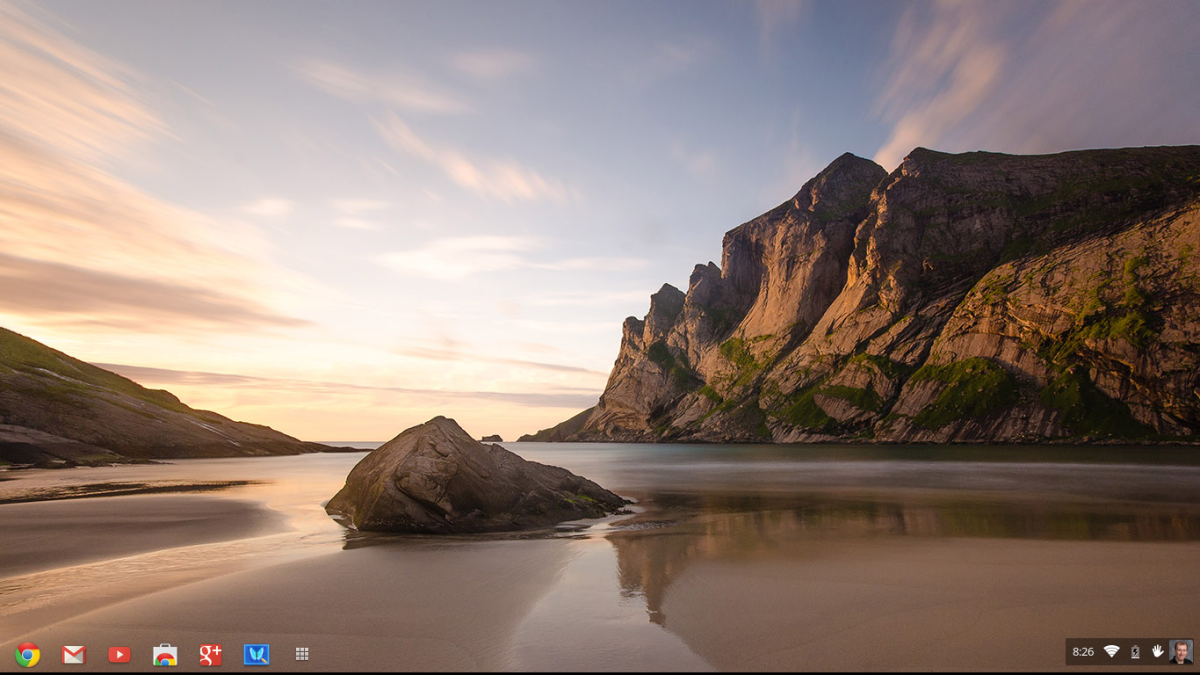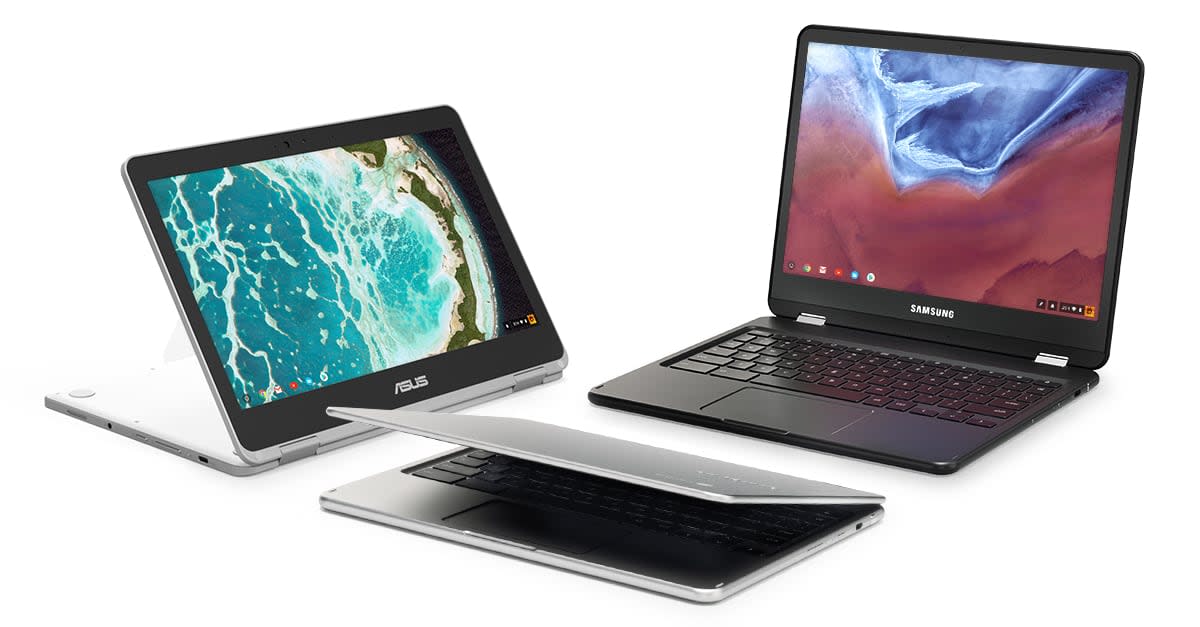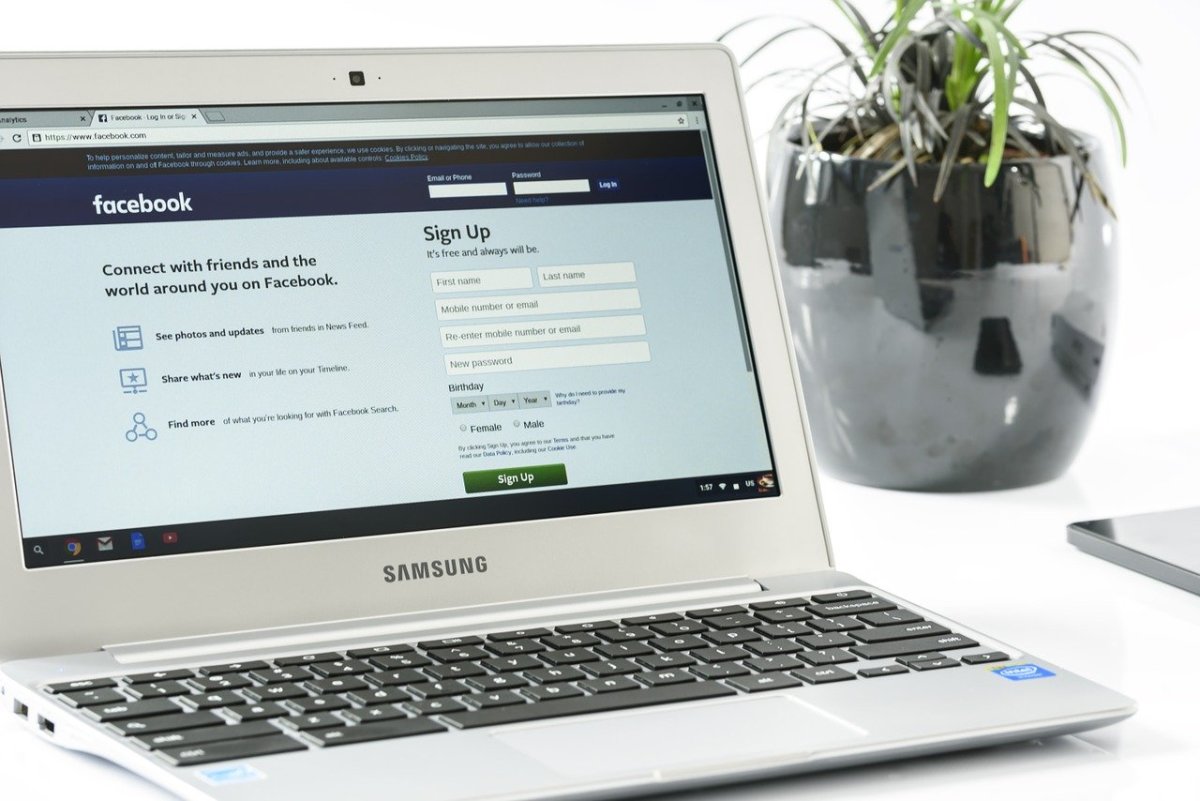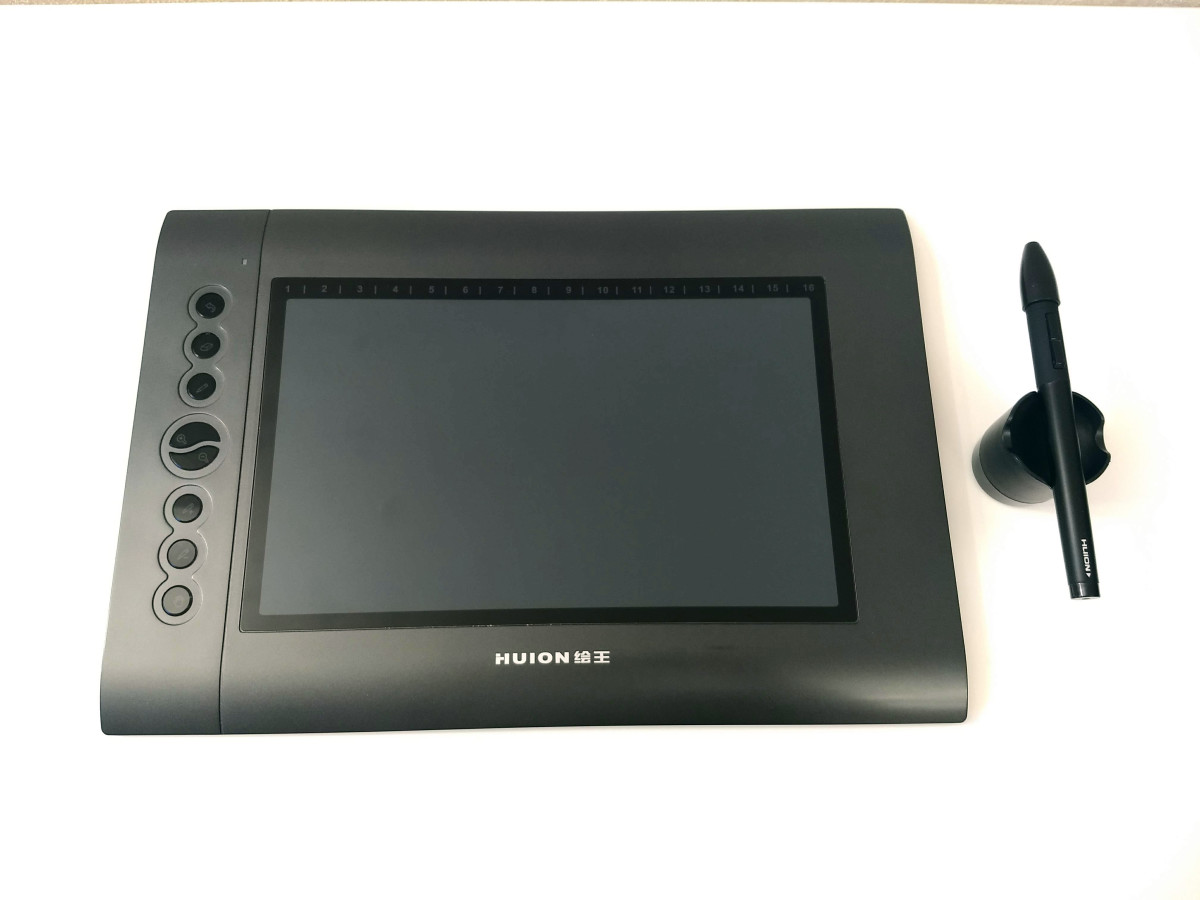- HubPages»
- Technology»
- Computers & Software»
- Computer Buying Guides»
- Notebook & Tablet Buying Guide
Information about Chromebooks:All You Need To Know About Chromebooks
Chromebooks, which have been around since the middle of 2011, are designed to be affordable (typically less than $300) and quick-booting— the latter thanks to Google’s lightweight Chrome operating system. You can also enhance the operating system by downloading Web apps and browser extensions from the Chrome Web Store. Recently, Google has announced several new Chromebooks with features like 14- inch HD screens, LTE connectivity, and extra storage. Here is the list what Chromebooks have to offer.
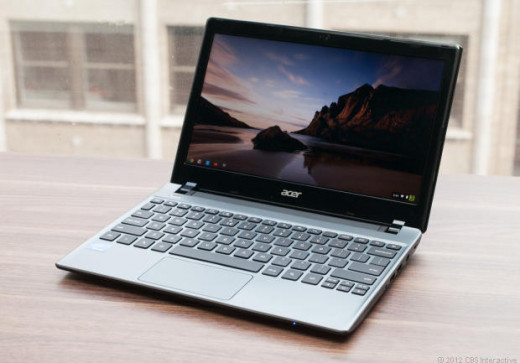
Chromebook Speed
Google boasts that a Chromebook will boot in seconds, and will resume nearly instantly from sleep. We found that many new Chromebooks feature Core boot technology that allows the notebook to boot up in five seconds. Part of the reason for the quick boot is that the Chrome OS is built for use mainly with the Chrome browser, rather than with a more complex OS that must load hundreds of drivers and other routines.
And the relative speed of a Chromebook is not powered by expensive hardware, but rather, an HTML 5-based interface that’s designed to quickly work with Web applications. Online tools require less power to run than a locally installed program, because data processing is done at a powerhouse server. All you’ll need to run a Web app is a reliable network connection.
Web Browser & Web Apps
The HTML 5 interface of the Web browser ensures that you’ll enjoy the powerful features of today’s Web apps. There are thousands of apps available, and they run right in the Chromebook browser. These Web apps provide basic functionality for most common tasks. For example, most Chromebooks come with Google Docs (for office productivity), Gmail (for built-in email), Google Talk (for instant messaging), and Google Hangouts (for video chat). Of course, there also lots of third-party Web apps that you can download to further complement and enhance the experience.
Another huge benefit of Web applications is that you’ll have access to the utilities (and the files you store online) on any Internet-connected PC, not just you’re Chromebook, because all you need to access a Web app is your username and password.

Affordability
The Chrome OS design allows Chromebook manufacturers to use low-end dual-core processors that run at anywhere from 1.1 to 1.7GHz and still provide the speedy interface you’re used to on a traditional notebook. These processors are also low-power, which helps increase the battery life of a Chromebook.
Many Chromebooks offer a minimum of a four-hour battery life, with some lasting up to seven hours. Other common specs include anywhere from 2GB to 4GB of memory, and a minimal amount of storage, because it’s expected that most of your data will be stored in the cloud. These types of moderate components ensure that you can generally purchase a Chromebook for less than a traditional notebook.
Chromebook
Security
Google has designed Chrome OS with security in mind, even creating a specific set of guiding principles for practical security. For example, its Deploy Defenses In Depth is a principle that ensures there will be a series of protections to block attacks— not just one tool. The various layers make it difficult for a hacker to compromise your online accounts or exploit vulnerabilities.
At the OS level, Google has hardened the software against exploit techniques with things like file system restrictions, kernel hardening, and access control. Because the Web browser is a key component of Chrome OS, different processes are split off to limit plugins’ access to local storage. Web app security is beefed up with extra ways to manage permissions. Also, the Chromebook is designed to automatically update itself, so you’ll always have the most current security for your operating system and apps.
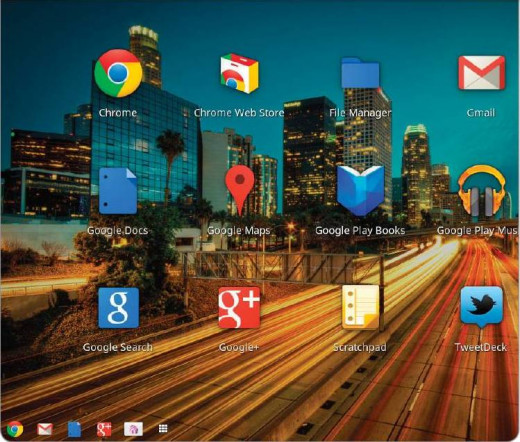
Cloud Storage
Some Chromebooks enhance storage capabilities by providing you with free storage (for a certain time) with online cloud storage services, such as Google Drive. This way, you’ll be able to complement the existing storage with online storage that you’ll be able to access anywhere with a Web connection.
Chromebooks are compatible with a variety of third-party cloud storage services, including popular options such as Box, FileSnack, and JustCloud. Of course, a limited amount of local storage is also included to let you store critical files and personal media collections
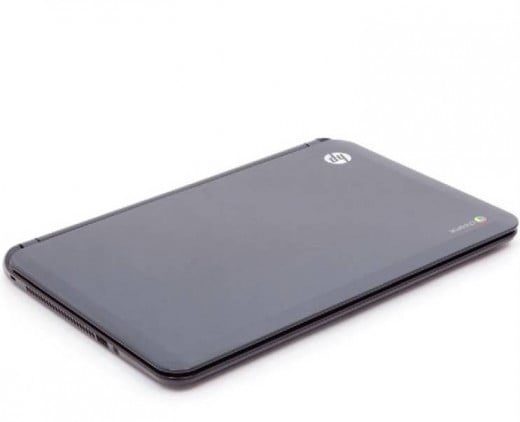
More than a Net book
The simplicity and affordability of a Chromebook causes some people to compare them with netbooks.But unlike those small, somewhat underpowered devices, Chromebooks come with full connectivity options. For example, the HP Chromebook features a 14-inch screen that supports a resolution of 1,366 x 768 for 720p video quality.
The HP Chromebook also offers a HDMI output, Ethernet input, three USB 3.0 ports, an SD card reader, and a headphone-out/microphonein combo jack. For speedy loading, you’ll also find a 16GB SSD (solid state drive) that ensures that any locally stored files will load almost instantaneously. The HP Chromebook itself is less than inch thick.
Internet Connectivity
All Chromebooks will come with Wi-Fi connectivity, but some also offer optional cellular data connectivity options. These allow access to the Internet from wherever you are,as long as you have a cell signal and a data plan. Because Chromebooks are designed to be used with an Internet connection, you’ll need to decide where or not you’ll need one with mobile broadband. Of course, investing in a data plan will mean that you’ll need to pay a monthly fee with a service provider that’s compatible with the Chromebook’s mobile broadband receiver. If you opt to go with Wi-Fi-only, you’ll need to find a Wi-Fi connection to get the most out of the Chromebook whenever you’re on the road or otherwise without a Wi-Fi connection.



